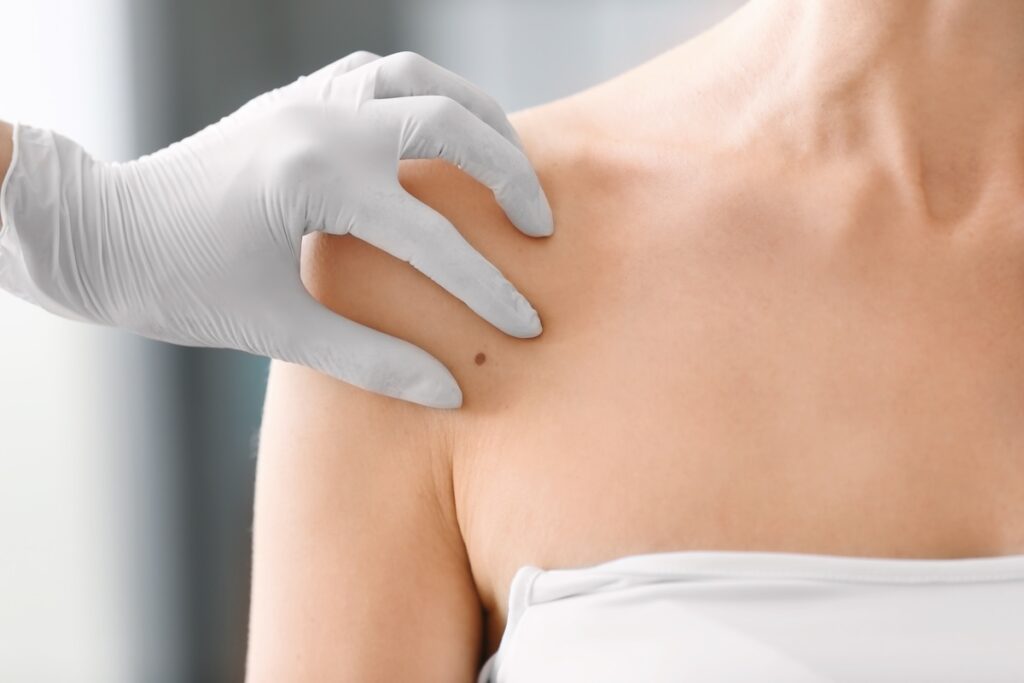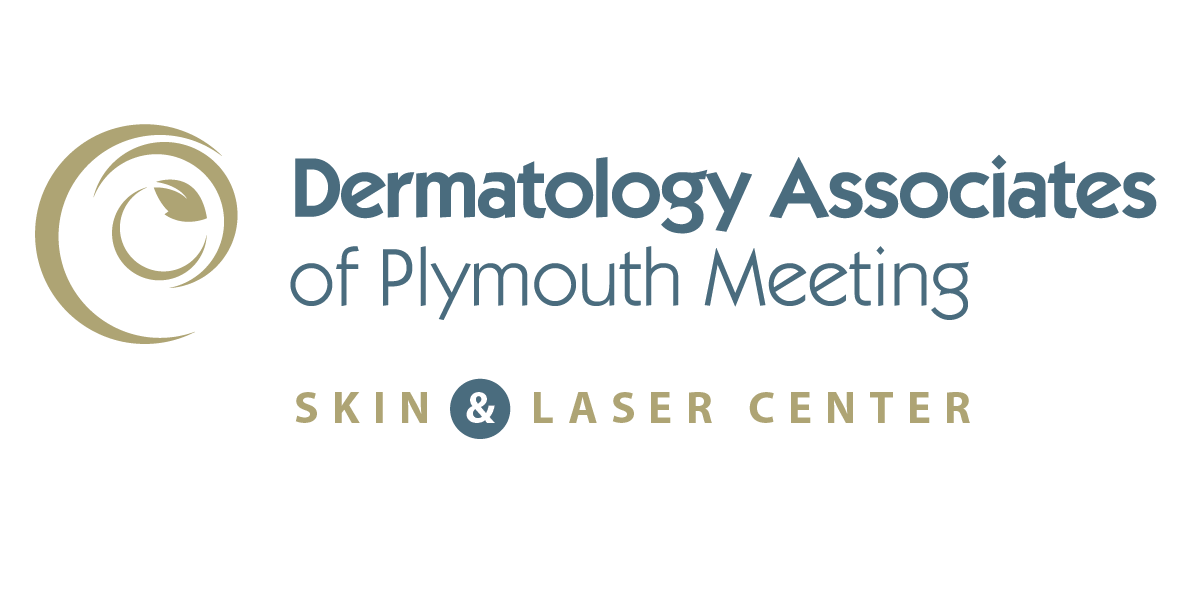Safeguard Your Skin: Prevention Tips from DAOPM

Imagine a world where skin cancer is no longer a looming threat, where your skin is well-protected against harmful rays, and early detection becomes a standard practice. At Dermatology Associates of Plymouth Meeting (DAOPM), we are dedicated to helping you achieve this reality. By adopting proactive skin care practices, you can significantly reduce your risk of skin cancer. Let’s dive deeper into prevention strategies, types of skin cancer, risk factors, and the innovative treatment options available at DAOPM.
Understanding Skin Cancer: Types and Characteristics
Skin cancer is a serious condition, but understanding its various forms can equip you with the knowledge to detect and address it early. There are three primary types of skin cancer:
Basal Cell Carcinoma (BCC)
BCC is the most common form of skin cancer, accounting for about 80% of all cases. It typically manifests as a flesh-colored bump, a pearly white nodule, or a pinkish patch of skin. Often caused by chronic sun exposure, BCC develops slowly and rarely spreads to other parts of the body. However, if left untreated, it can grow deep into the skin and cause significant damage to surrounding tissues.
Early detection is crucial for effective treatment. At DAOPM, we often treat BCC with excisional surgery, where the cancerous tissue is carefully removed. In some cases, topical treatments or less invasive procedures like cryotherapy may be used, depending on the size and location of the tumor.
Squamous Cell Carcinoma (SCC)
SCC is the second most common type of skin cancer, accounting for about 20% of cases. It typically appears as a red, scaly patch, an open sore, or a wart-like growth. These lesions can crust over, bleed, and heal, only to return. SCC primarily develops on areas frequently exposed to the sun, such as the face, ears, neck, hands, and arms.
Without treatment, SCC can grow and spread to other parts of the body, becoming life-threatening. Treatment options include surgical excision, where the tumor is removed along with some surrounding tissue to ensure all cancerous cells are eradicated. For smaller, less invasive SCCs, cryotherapy, where the lesion is frozen off, or photodynamic therapy, using light to destroy cancer cells, may be effective.
Melanoma
Melanoma is the most aggressive and deadly form of skin cancer, responsible for the majority of skin cancer deaths. It can develop in an existing mole or appear suddenly as a new dark spot on the skin. Acute sun exposure is thought to induce melanoma, highlighting the importance of protection from intense sun exposure. Melanomas are often asymmetrical, have irregular borders, and exhibit multiple colors ranging from black and brown to red, blue, or white. Early-stage melanoma can usually be treated successfully with surgery alone. However, if it spreads to other parts of the body, more complex treatments like immunotherapy, targeted therapy, or chemotherapy may be required. At DAOPM, we focus on early detection and intervention, which significantly improves survival rates.
Risk Factors and Early Detection
While anyone can develop skin cancer, certain factors increase the risk. Understanding these risk factors can help you take preventive steps:
- Prolonged UV Exposure: Repeated exposure to ultraviolet (UV) rays from the sun or tanning beds is the leading cause of skin cancer. UV rays damage the DNA in skin cells, leading to mutations that can result in cancer.
- Fair Skin: Individuals with lighter skin, blonde or red hair, and blue or green eyes are at higher risk because they have less melanin, the pigment that provides some protection against UV radiation.
- History of Sunburns: Even one severe, blistering sunburn in childhood or adolescence can significantly increase the risk of developing skin cancer later in life.
- Genetic Predisposition: A family history of skin cancer, particularly melanoma, increases the likelihood of developing the condition. Genetic factors can also play a role, such as having a large number of moles or atypical moles.
- Weakened Immune System: Individuals with weakened immune systems, whether due to certain medical conditions or treatments, are at greater risk for skin cancer.
Given these risk factors, regular skin checks are vital. At DAOPM, we recommend performing self-examinations monthly and scheduling annual skin exams with our dermatologists. During these exams, our team can identify and biopsy any suspicious lesions, ensuring early detection and treatment.
Preventive Measures: Your Best Defense Against Skin Cancer
Prevention is your most powerful tool against skin cancer. By integrating the following habits into your daily routine, you can significantly reduce your risk:
- Daily Sunscreen Use: One of the most effective ways to protect your skin is by applying a broad-spectrum sunscreen with an SPF of 30 or higher. Broad-spectrum sunscreens shield your skin from both UVA and UVB rays, preventing sunburn and long-term damage. Remember to reapply every two hours, or more often if you’re swimming or sweating.
- Protective Clothing: Wearing protective clothing, such as wide-brimmed hats, long sleeves, and sunglasses, can further safeguard your skin. Special sun-protective clothing, designed with tightly woven fabric, offers additional protection and is especially useful for outdoor activities.
- Seek Shade: The sun’s rays are strongest between 10 a.m. and 4 p.m. Seeking shade during these peak hours can greatly reduce your exposure to harmful UV rays. When outdoors, use umbrellas, trees, or other forms of shade to protect your skin.
- Avoid Tanning Beds: Tanning beds are a major source of artificial UV radiation and significantly increase the risk of skin cancer. Avoid them entirely. Instead, consider sunless tanning products if you desire a tan.
- Educate Yourself and Others: Being informed about the signs of skin cancer is crucial. Educate your family and friends about the importance of skin protection, and encourage them to perform regular self-exams and seek professional skin checks.
Innovative Treatments at DAOPM
At Dermatology Associates of Plymouth Meeting, we are committed to offering the most advanced and effective treatments for skin cancer. Our innovative approaches are designed to provide the highest levels of care while preserving healthy tissue and minimizing cosmetic impact. Here are some of the cutting-edge treatments available:
- Mohs Micrographic Surgery: Mohs surgery is a specialized procedure that offers the highest cure rate for many skin cancers, particularly BCC and SCC. This technique involves the precise removal of cancerous tissue layer by layer, allowing the surgeon to examine each layer under a microscope until no cancerous cells remain. This method ensures that as much healthy tissue as possible is preserved, making it an ideal option for cancers on sensitive areas like the face.
- Photodynamic Therapy (PDT): Photodynamic therapy is a non-invasive treatment that uses a photosensitizing agent and a specific wavelength of light to destroy cancer cells. This therapy is particularly effective for treating actinic keratosis (a precancerous condition) and superficial BCC. PDT is minimally invasive, with little downtime and excellent cosmetic results, making it a popular choice for patients looking to avoid surgery.
- Laser Therapy: Laser therapy is another innovative treatment option offered at DAOPM. We use state-of-the-art laser technology to target and treat certain types of skin cancer and precancerous lesions with precision. Laser treatments are minimally invasive, offering faster recovery times and reduced scarring compared to traditional surgical methods.
- Immunotherapy and Targeted Therapy: For more advanced cases of melanoma, we offer cutting-edge systemic treatments, including immunotherapy and targeted therapy. These treatments work by boosting the body’s immune system to fight cancer cells or by targeting specific genetic mutations within the cancer cells. Our dermatologists work closely with oncologists to develop personalized treatment plans that offer the best chance for successful outcomes.
Take Charge of Your Skin Health
Skin cancer is a serious yet highly preventable condition. By adopting proactive measures and staying vigilant with regular skin checks, you can significantly reduce your risk. At Dermatology Associates of Plymouth Meeting, we are here to guide you every step of the way. Don’t wait until it’s too late—take control of your skin health today. Schedule a consultation with our board-certified dermatologists at DAOPM by calling 610.947.4322. Let us help you on your journey to healthier, cancer-free skin.
